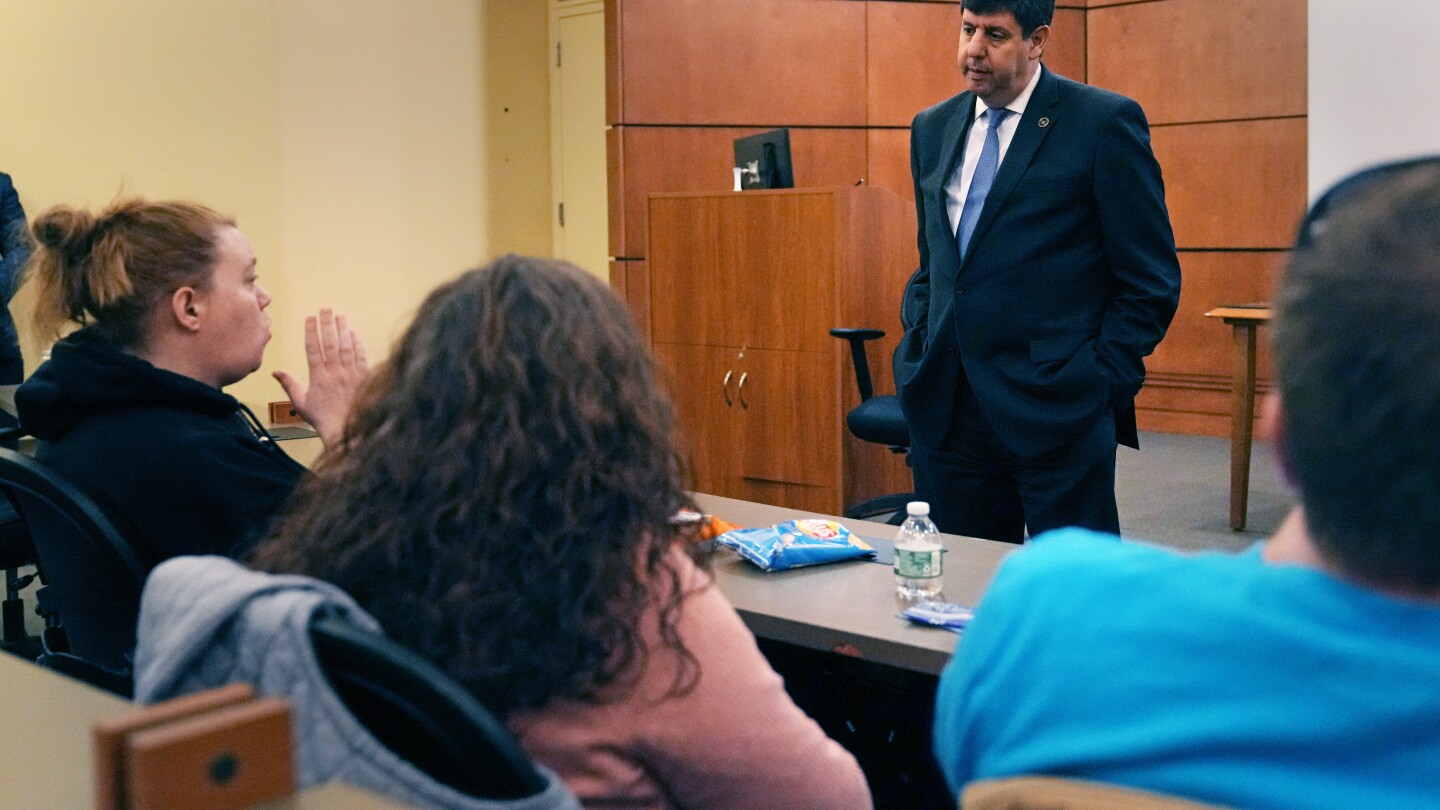The head of the federal Bureau of Alcohol, Tobacco, Firearms and Explosives says he fears that a drumbeat of mass shootings and other gun violence across the United States could make Americans numb to the bloodshed, fostering apathy to finding solutions rather than galvanizing communities to act.
Director Steve Dettelbach’s comments to The Associated Press came after he met this past week with family members of some of the 18 people killed in October at a bowling alley and a bar in Lewiston, Maine by a U.S. Army reservist who later took his own life.
He said people must not accept that gun violence is a prevalent part of American life.



Samuel Whittemore was fighting the British at 80. He got shot in the face but lived to 98.
That case is a bit unusual, but in times of war, anyone who can fight, does. And not everyone is a front-line infantryman; any military needs something like six to ten times as much support staff as fighting force. Those people are usually armed in combat zones too, because the fighting might come to them (and like the Marines say, every Marine a rifleman).
Cool. Now I am just going to point to the blind. Got some anecdote from history about a blind soldier?
Also if they aren’t frontline I am a bit confused about why they need a gun. I have done a bit of work on some Navy stuff as a civilian and a rifle wouldn’t have help me much in that task.
Can you name another right that vanishes based on physical fitness?
I’m sure there have been blind soldiers, but I don’t know any off the top of my head.
Like I said, any servicemember in a combat zone might be armed, because the fight could come to them. If the other guys try to overrun your defense, you don’t want all those people sitting around helpless, you want them to fight back.
It’s not specifically dependent on physical fitness, it’s about service in a militia, despite what SCOTUS said in Heller. Conscientious objectors, for example, would probably not be militiamen and therefore would be looked at with suspicion if they didn’t have another good reason to own firearms (e.g. sport shooting, gunsmithing, or hunting, though I’m not sure they’d want to participate in those either).